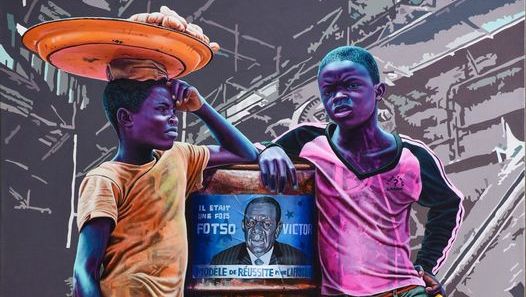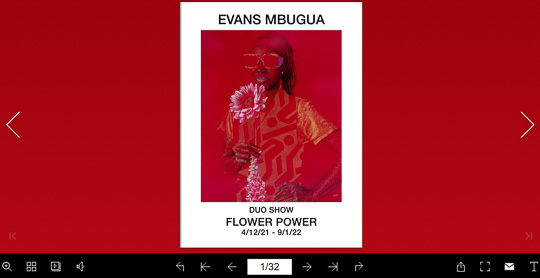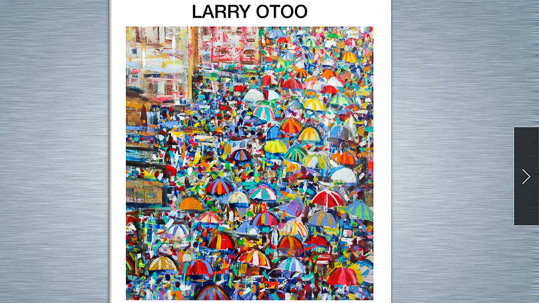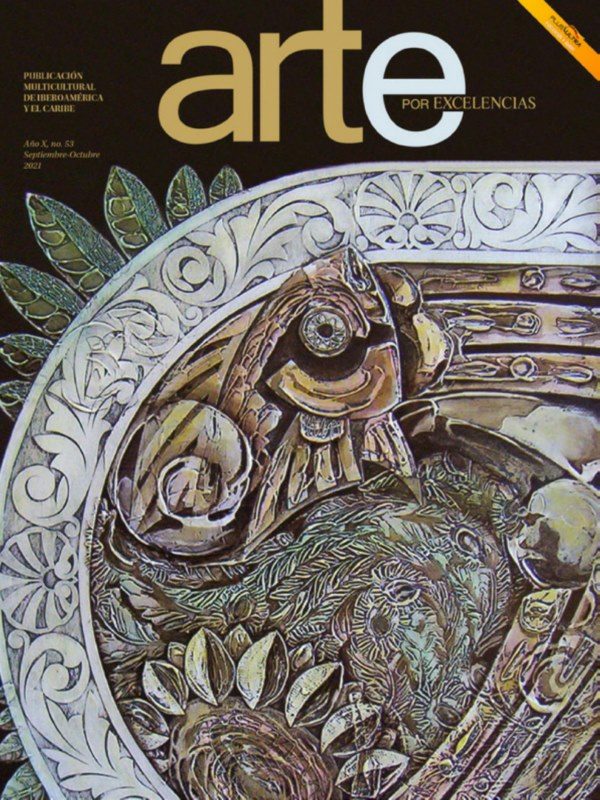Critic and essayist Andrés Isaac Santana’s book, El Troyano. Ensayo y escrituras confesionales (Aduana Vieja Editorial) is set to be launched on Friday, December 13th, at 19:30 h, Casa Encendida Auditorium.
El Troyano. Ensayo y escrituras confesionales (The Trojan. Essay and confessional writings) tackles the epistolary genre, in which we never know if they really are letters sent and received, or if they are intended for someone real or simply to all of us, each of the hypothetical readers are the unique and personal receiver.
The important thing here is the writing and the act of writing is a release and also a liturgy. The knowledge and the desire to comment, to speak, to say, become words in these fictitious, or real, letters, words through which the author talks about art, but also about life, experience, loneliness, anxiety, reunion and recognitions, dropouts and above all an intense life of thought and culture.
Data about the author:
Critic and essayist, with a degree in Art History from the University of Havana, El Troyano is the most personal and intimate book written by Andrés Isaac Santana (Cuba, 1973). Through the epistolary genre, we are invited to become accidental recipients and indiscreet witnesses not only of these "conversations", but also, in this case, of the author’s revelations about his life and work. The letter is, therefore, the emotional vehicle to reflect also on the spirit and work of the art critic, as well as his speech and his relative ability to dialogue in the society in which he lives.
Author of numerous works on art and contemporary culture, among his books we can mention: Imágenes del desvío: La voz homoerótica en el arte cubano contemporáneo (2004), Nosotros, los más infieles: Narraciones críticas sobre el Arte Cubano. 1993-2005 (2008), and Sin pudor (y penetrados), an extensive anthology of his work published by Aduana Vieja in 2013. Correspondent in Spain for the prestigious Latin American art magazine ArtNexus and for Arte al Límite y Arte al día Internacional, he worked for several years in the art section of the cultural supplement of the daily newspaper ABC, in Madrid. [Note from the back of the volume]
Excerpts from the prologue. By Joaquín Badajoz. Writer and member of the American Academy of the Spanish Language.
"Aside from other theoretical and conceptual achievements of El troyano, I would like to highlight the scope of these texts, its elegant writing, its fluency of ideas, the comfort with which it develops, suffers, dominates, that beast of intimate conversation and its opposite, the public debate, as authority exercise..."
"His work is a Hydra head of the "wandering intellectuality": presupposes a group of accomplice recipients and a contextual distance". All locked in a sort of multiple and circular confessional- this volume which fragmented and sometimes chaotic texts, drawn by the flow of consciousness, bite its tail-, you will attend a game of roles, a bulk mail in which you will be protagonists-readers that are allowed to violate other people’s emails, to listen to confessions through a speaker, to follow in detail an intimate conversation - a privilege that you will share, and that you will discover it later, with an infinity number of readers--.
Even when these letters seem to have been written to himself, and I suspect that some recipients will receive them now, in book form, for the first time, marked dialogues constitute hypertexts, backdoors of an open work, which does not end in the letter itself, nor in the book, but it extends in unmistaken fiction that provides exogenously each of its recipients. It is impossible to practice from the lack of authority and criteria: Novelty in literature, as in art, is not on the platforms, the paraphernalia, but in the personal interpretive and speculative vision. For this reason, the author explains the use of quotations, that "body prosthesis that delivers the speech of others", released without reference, in total and random polygamy, "battling for the conquest of the text of the other", with a claim that will impose the pace and the concept of this book: "Deliberate and timely I have chosen a group of texts and authors, from whose stylistic or conceptual prefiguration it have been said that are the object of the fatal", of the speculative without measure and of interpretation without term".
Related Publications

Catalogue "Smiling and Suffering"
June 03, 2022
Catalogue Flower Power
December 01, 2021







